I wrote this post yesterday using ChatGPT… And it already ranks on Google.
It even brings in visitors less than 24 hours after publishing.
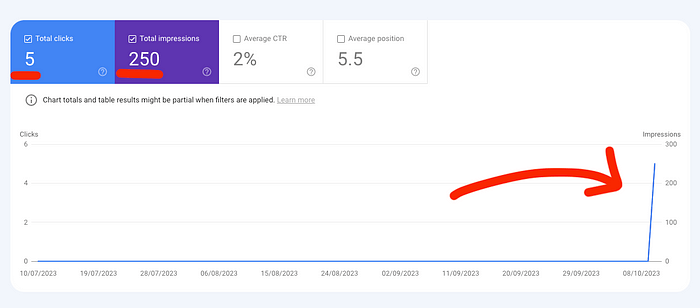
Let me show you exactly how I did it.
How I Ranked with ChatGPT
I ran an experiment: How fast can I write a post that ranks on Google and gets visitors?
Usually, it takes months. But with some carefully chosen topics, the process might be a lot faster.
This is where Google Trends shines.
I opened up Google Trends and searched for “AI”.
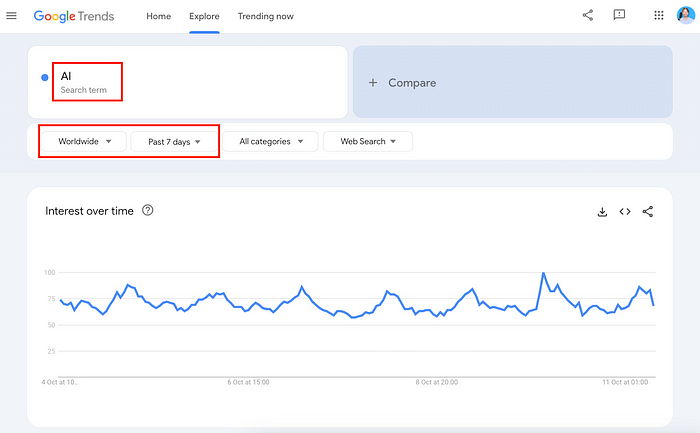
I chose the time range as 7 days so I’d get the most recent trends.
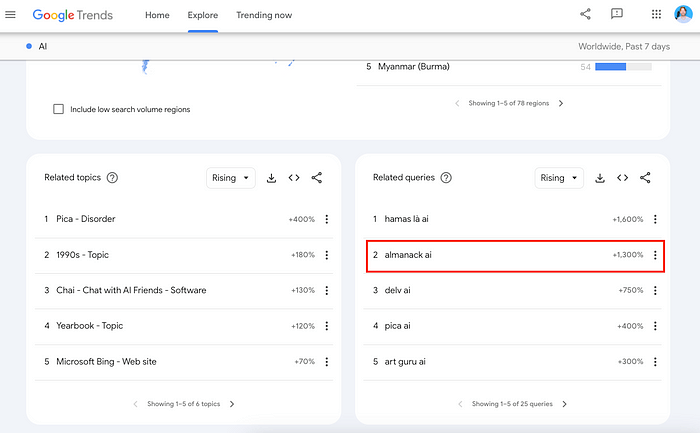
“Almanack AI” was a name that grabbed my attention. I clicked it to see what kind of a trend there was going on:
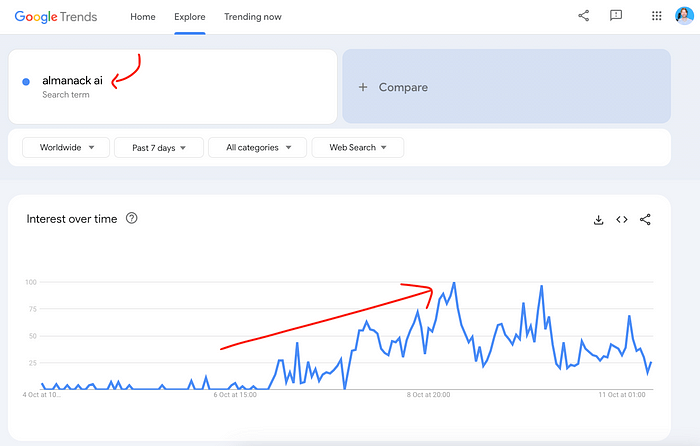
This is clearly a new tool that has built some hype in the past few days with no traction before last week.
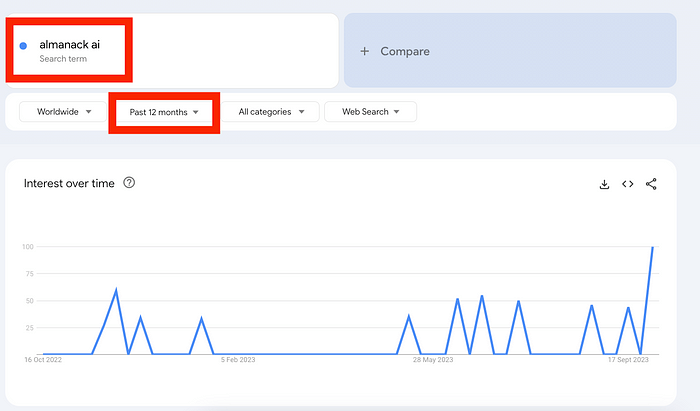
Based on the hype and freshness of this product, it seemed like a good blog post topic idea.
To rank quickly, I also needed to know if there was competition for this topic.
Less competition means quicker rankings.
I opened up Google and looked up “Almanack AI Review”.
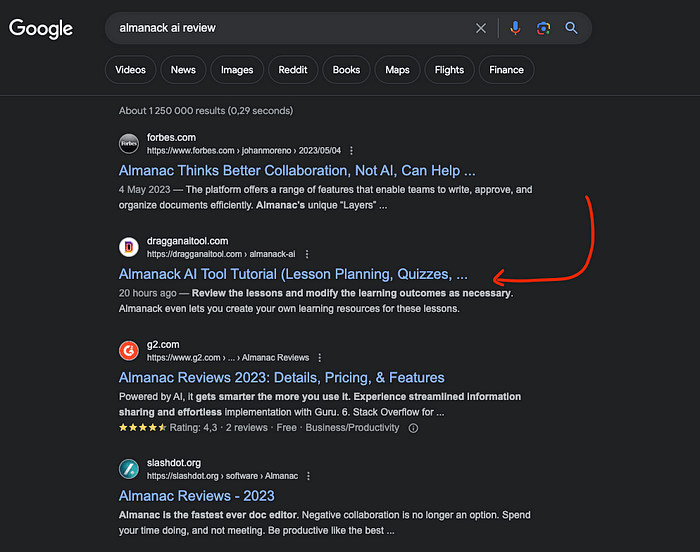
There are no reviews/tutorials about my topic (except for one)!
So, there’s basically no competition.
It’s time to start writing.
I opened up ChatGPT and asked it to generate a short blog post review about this topic.
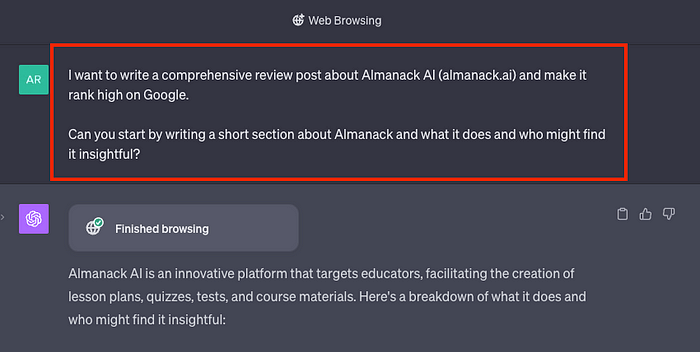
Here’s the output:
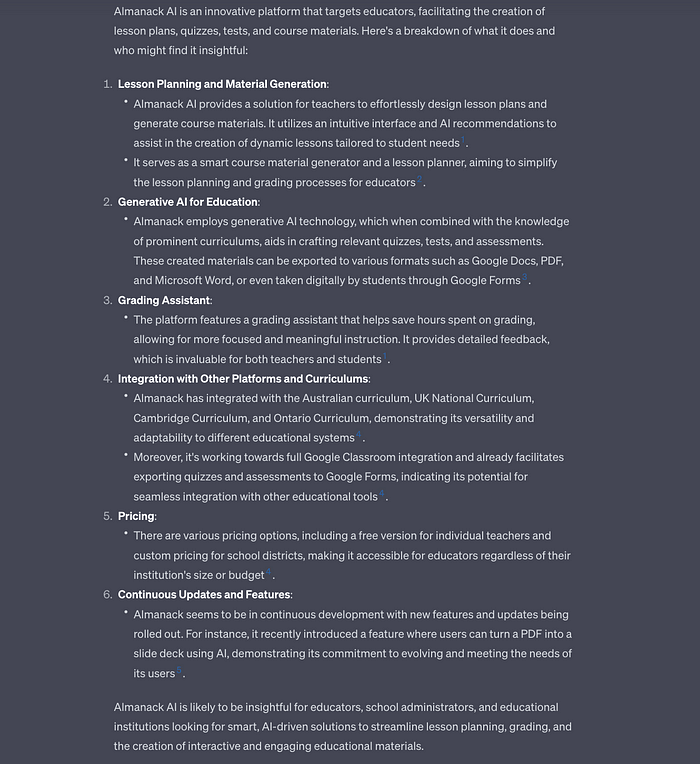
But this is just a wall of text.
To make it useful, I quickly tried the Almanack AI tool to give my input instead of just ChatGPT jargon.
I spent 10–15 minutes trying Almanack and I created a sample course with a module:
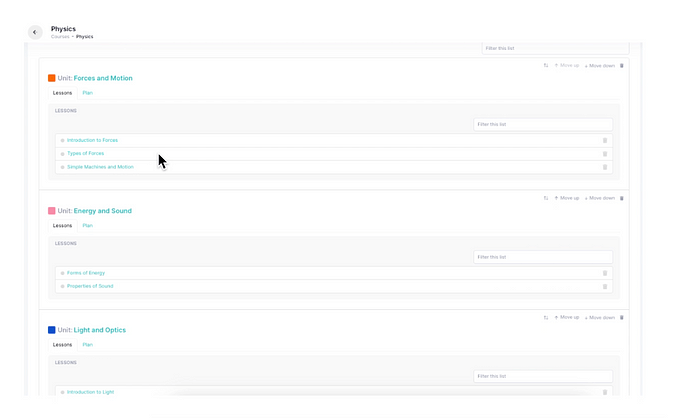
I took screenshots that I then inserted into the ChatGPT output.
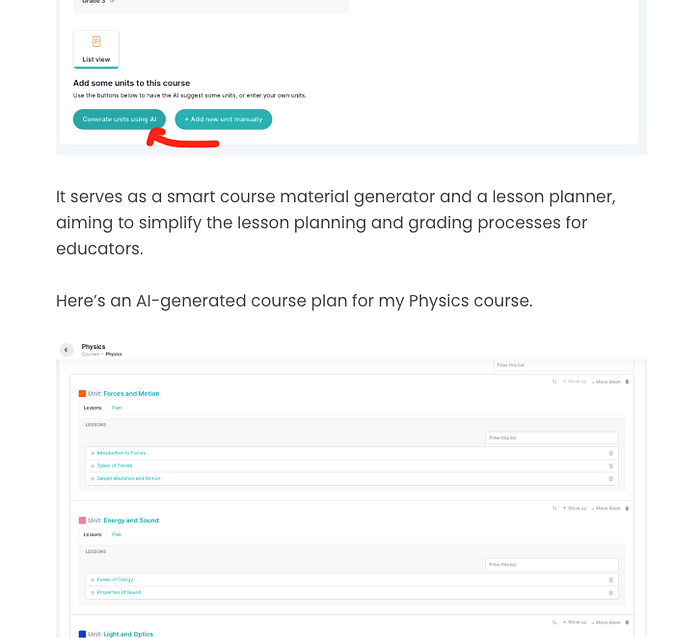
Last but not least, I also added my own opinions into the mix.
Then I published the blog post. The whole process from idea to a ready blog post took 31 minutes.
And a day after the post already gets visitors and impressions:
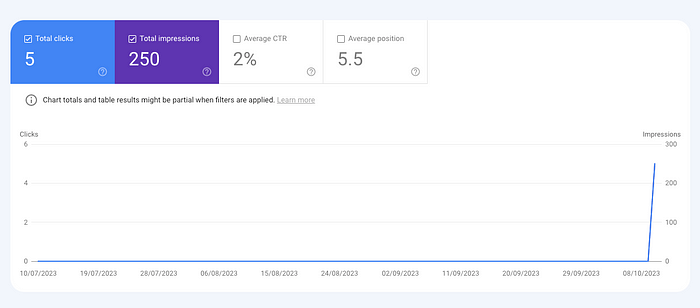
Impressive? Surely! But there are problems with this too, so don’t go just yet.
Big Problems
This post was an edge case. For 99.9% of topics, this kind of success is not possible.
My post ranked because there were no other competing pages about that topic.
Google had no other option but to place my post at the top. Even if the post was written by a monkey, it still could’ve ranked.

Another issue is that this topic is trendy.
There are tons of searches for my topic. At least for now.
But in 30 days, there’s a chance nobody will search for my topic anymore.
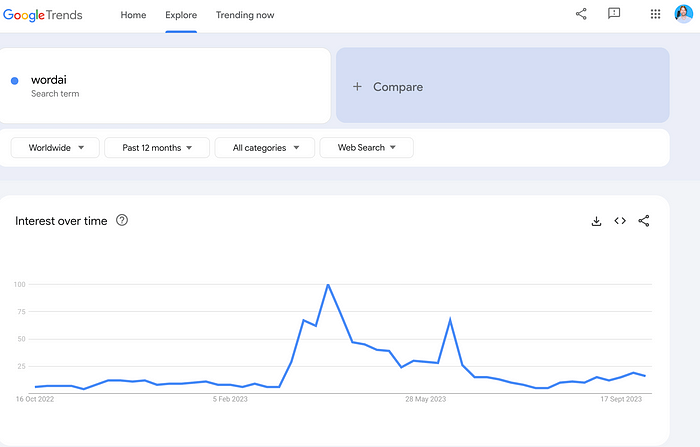
But what if the trend continues to go up?
There’s still a problem. The competition will catch up. There will be tons of reputable sites writing more comprehensive posts than mine.
This would push my post down in the rankings.
So I’m 99% sure this post will never make any real money or even reach 10,000 reads.
Think Twice Before Trying Yourself
While it’s cool to write about trendy topics, that’s not something you should usually do.
Surely, it might be fun to target a very quickly rising trend. But it’s not a good long-term strategy.
I just ran this experiment for fun.
When you write, target evergreen topics, such as “The Pythagorean Theorem”.
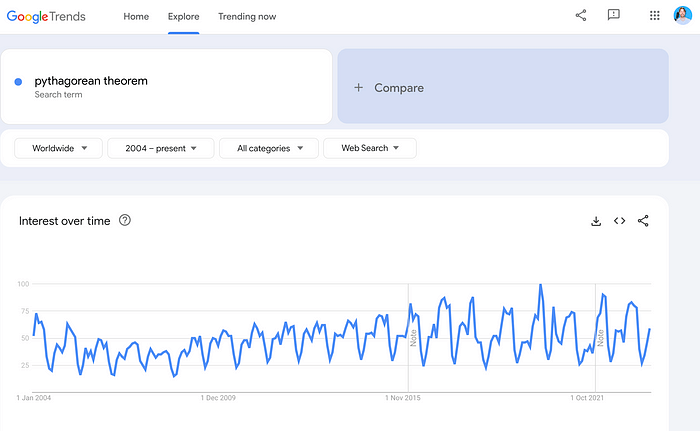
That kind of topic can give you traffic passively for years.
Trends just come and go.
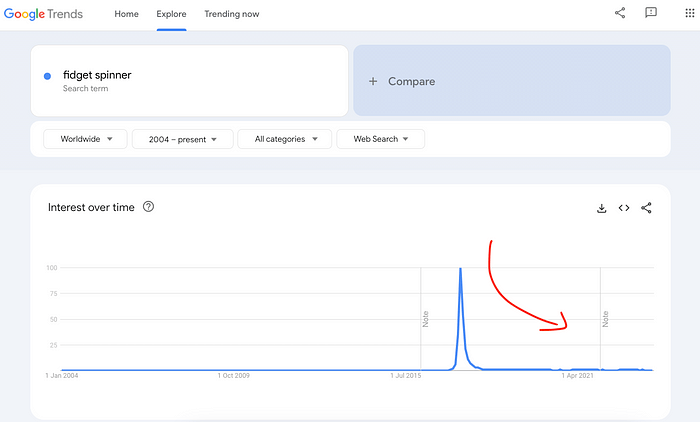
How about ChatGPT?
Technically, I used ChatGPT to rank on Google. But I also gave my input.
And let’s be honest.
Because there’s no competition, I could’ve generated garbage, like Lorem Ipsum Dolor text and it still probably would have ranked.
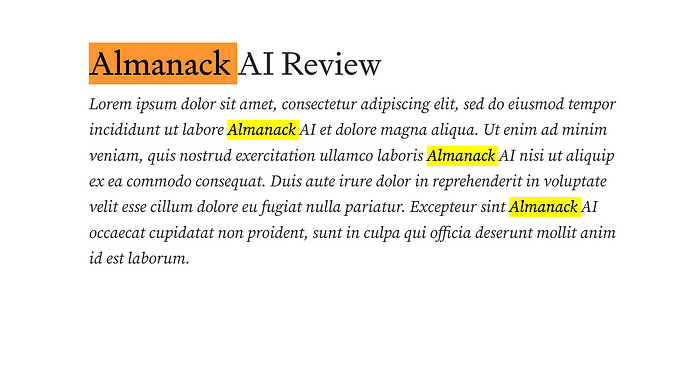
With some topics, ChatGPT might rank on Google. But it’s not because AI content is good. It’s just because there are no better-competing results.
If there are any truly useful posts written by humans for humans, ChatGPT will never make it to the top.
You always need to add your unique take, images, useful links, visualizations, and whatnot.
How to Find Blogging Success?
In my opinion, there’s no shortcut to success in blogging.
By using Google Trends, you might hit a goldmine from time to time.
But your competitors will find it quickly.
To get passive traffic, write about evergreen topics and establish your site as a credible and trustworthy resource in your niche.
Don’t use ChatGPT or growth hacks. Provide unique and original value with your posts!
